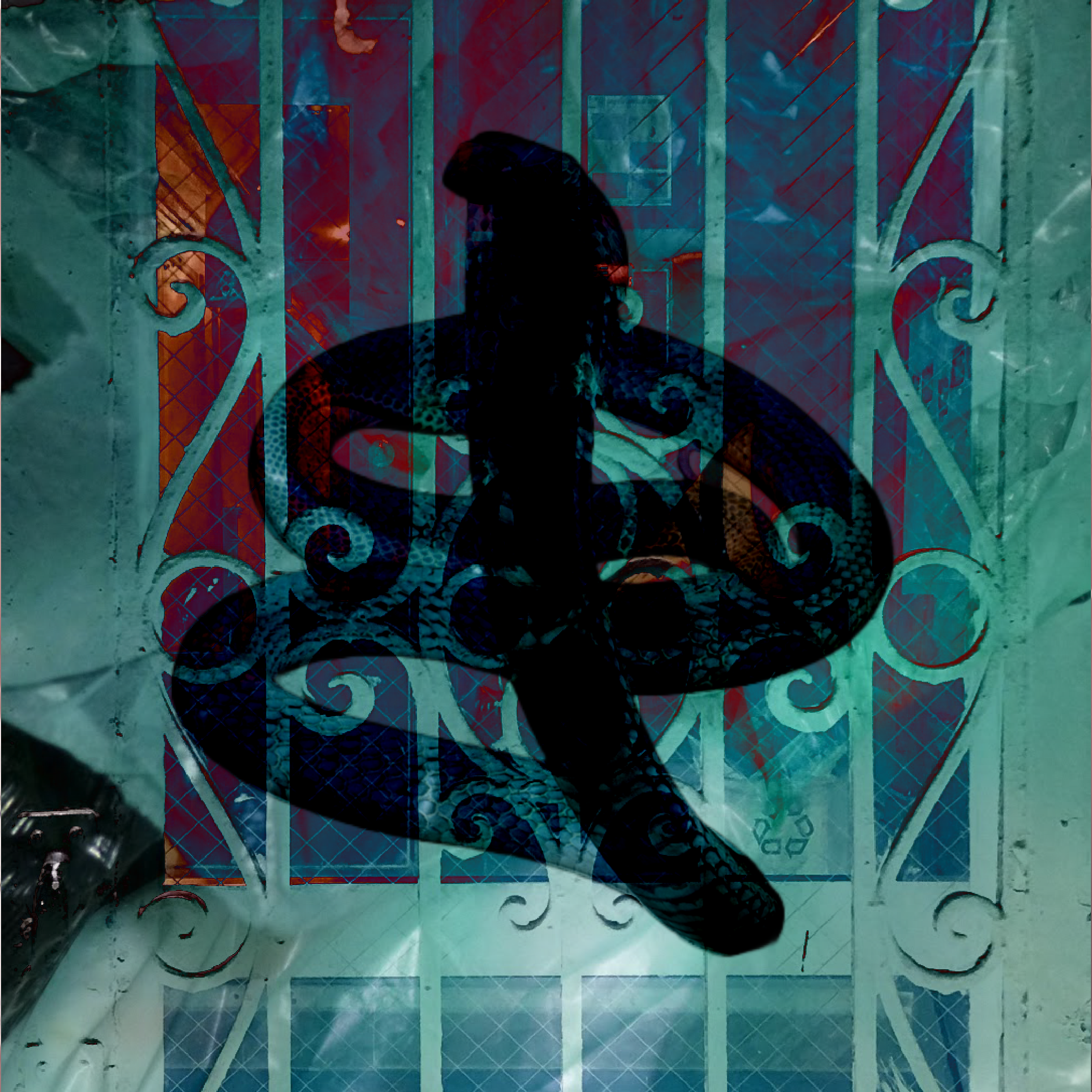
Hercules & the Wagoner
from Aesop’s Fables
And when the farmer put his shoulder to the wheel and urged on the horses, the wagon moved very readily, and soon the Farmer was riding along in great content and with a good lesson learned.
Self help is the best help.
Heaven helps those who help themselves.
So many fairytale stories operate upon the notion of the self being the most reliable source of strength. The society around them, even their surrounding family, represents treachery, wickedness, gluttony, and selfishness. The ‘pull-yourself-up-by-your-bootstraps’ mentality is distinctly American, akin to the tales of Horatio Alger. This tale, from Aesop’s Fables, draws upon the traditional Greek myth of Hercules. Funnily enough, Hercules isn’t even a great benefactor of strength in the original tale––he’s a victim of the jealousy of the goddess Hera, condemned to fulfill endless tasks he cannot win. He has so much character and flaw in him too. Here, his personality and tragedy is shelled out, making him into a wise, empty fool. To act a hero, to act a mentor, is to lose one’s individuality in a fairytale.
Science fiction is more similar to fairy tales in this sense. Individual people and individual technologies are abstracted metaphors for philosophical concepts. Tragedy that befalls the story is more of a fault of inherent philosophical wrongdoings and conflicts than the bitterness of individuals conflicting with one another.